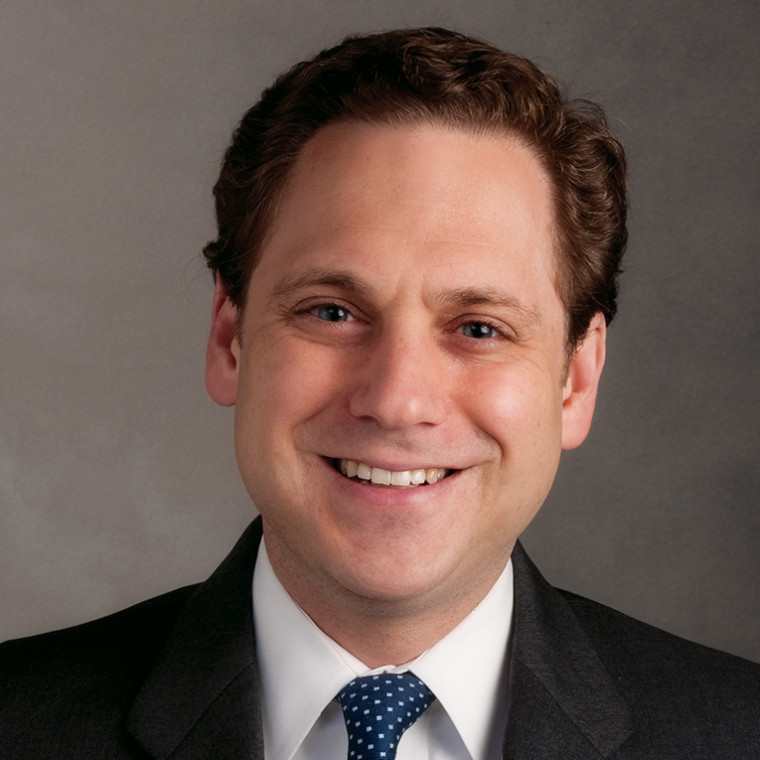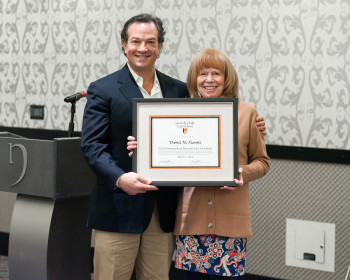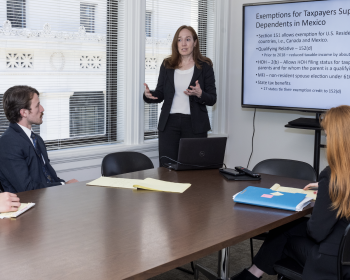Professor Jim Oleske Files Supreme Court Brief in Masterpiece Cakeshop
Open gallery

Retail businesses open to the public do not have a constitutional right to discriminate against customers in violation of state civil rights laws, according to an amicus brief filed in the Supreme Court by Lewis & Clark Law School Associate Professor Jim Oleske and four other legal scholars. The brief addresses the case of Masterpiece Cakeshop v. Colorado Civil Rights Commission, which involves a bakery that refuses to make wedding cakes for same-sex couples. The case is scheduled for oral argument before the Court on December 5.
“Our brief is focused on the long and venerable tradition of civil rights laws that guarantee equal access to the commercial marketplace,” said Professor Oleske. “Colorado’s anti-discrimiination law, which requires businesses to provide same-sex couples with the same services they provide to opposite-sex couples, falls squarely within that tradition.”
The other scholars on the brief include Samuel Bagenstos, the Frank G. Millard Professor of Law at the University of Michigan Law School; Nan D. Hunter, Professor of Law at Georgetown University Law Center; Elizabeth Sepper, Professor of Law at Washington University in St. Louis; and Joseph William Singer, the Bussey Professor of Law at Harvard Law School.
“While the Court has zealously safeguarded the autonomy of expressive associations and religious institutions,” the professors explain in their brief, “it has sharply distinguished between the realm in which those entities operate and the realm of ‘commercial relationships offered generally or widely.’ As a result, commercial entities’ First Amendment claims against public accommodation laws have failed, regardless of whether they were advanced as rights of free speech, association, or free exercise.”
The brief recognizes that those who oppose same-sex marriage “receive protection against government coercion of conduct in the private realm and government censorship of opinion in public discourse,” but argues that they do not have “constitutional immunity from generally applicable laws regulating commercial conduct and protecting the equal dignity of customers.”
In addition to his work on the Masterpiece brief, Professor Oleske has written several articles and essays analyzing the underlying legal issues being debated in the case, and he has provided extensive commentary on both the Masterpiece case and the Trump Travel Order litigation at the legal blog, Take Care.
Law Communications is located in room 304 of Legal Research Center (LRC) on the law Campus.
MSC: 51
email jasbury@lclark.edu
voice 503-768-6605
Cell: 626-676-7923
Assistant Dean,
Communications and External Relations, Law School
Judy Asbury
Law Communications
Lewis & Clark Law School
10101 S. Terwilliger Boulevard MSC 51
Portland OR 97219

